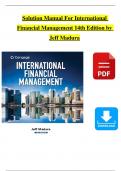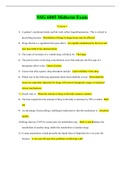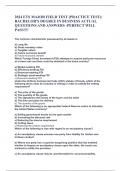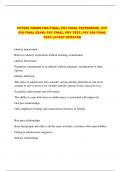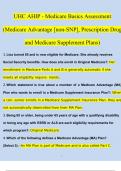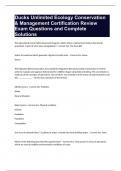Exam (elaborations)
Solution Manual For International Financial Management, 14th Edition by Jeff Madura | Complete Verified Chapter's |
Solution Manual For International Financial Management, 14th Edition by Jeff Madura | Complete Verified Chapter's | Solution Manual For International Financial Management, 14th Edition by Jeff Madura | Complete Verified Chapter's | Solution Manual For International Financial Management, 14th Ed...
[Show more]
